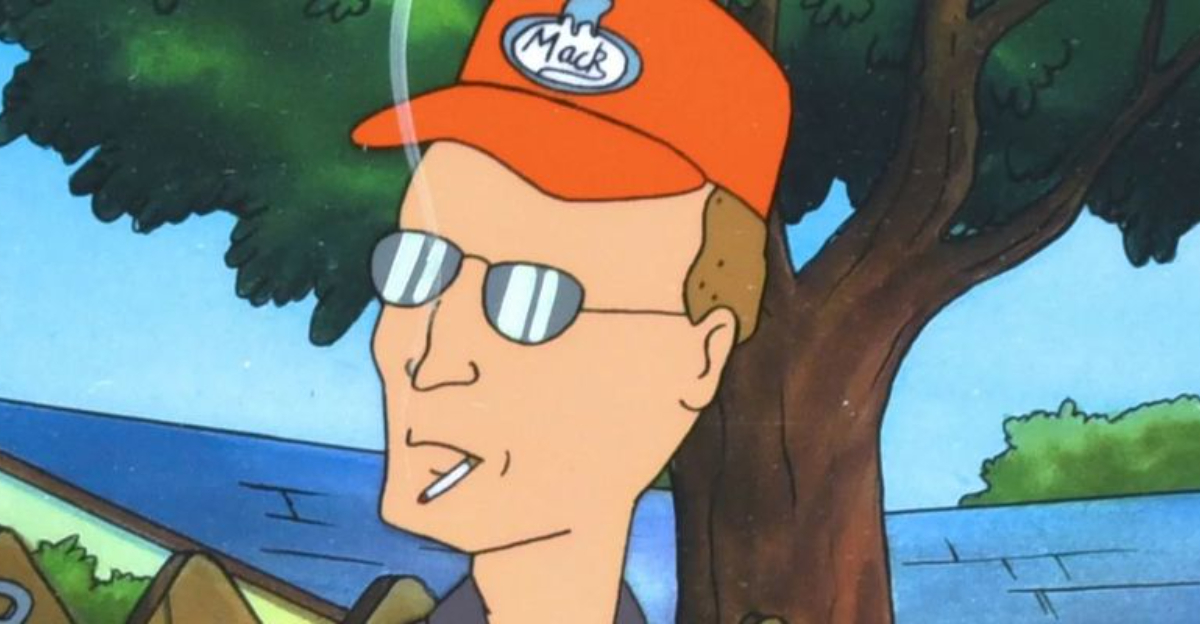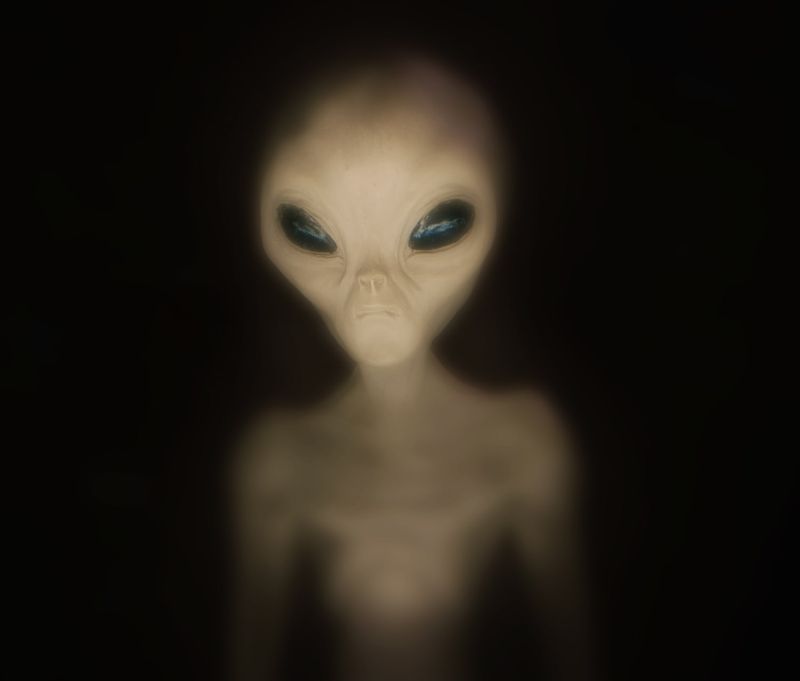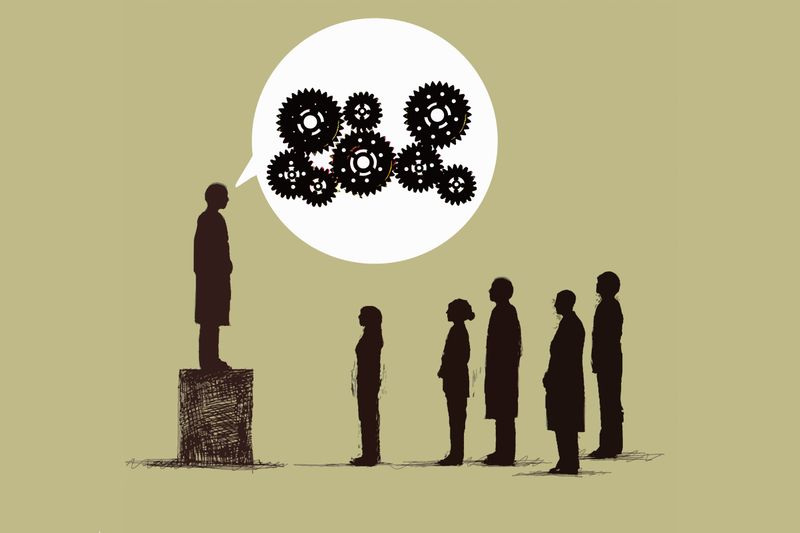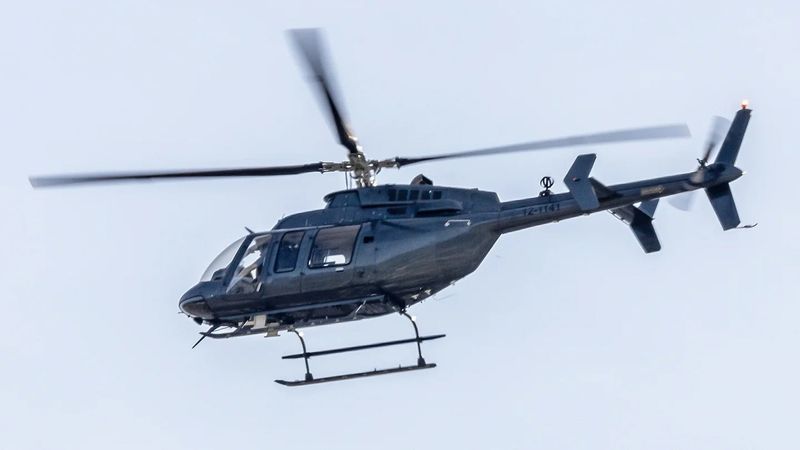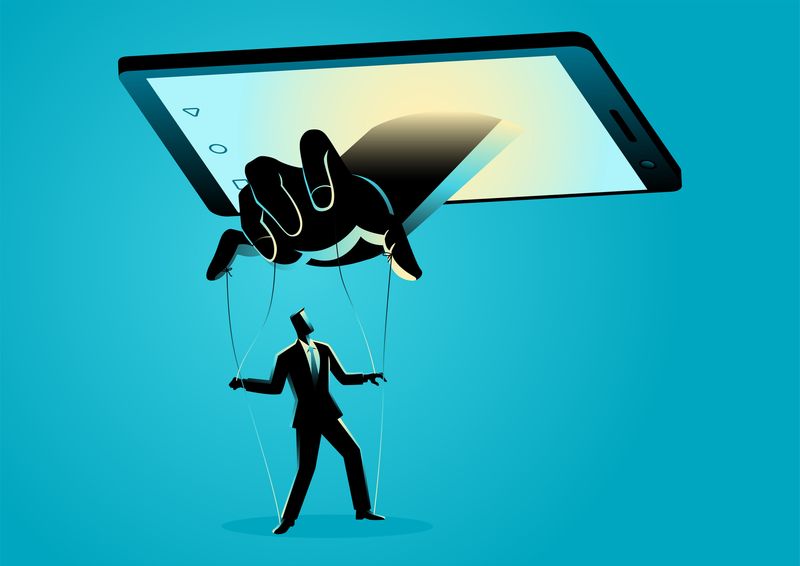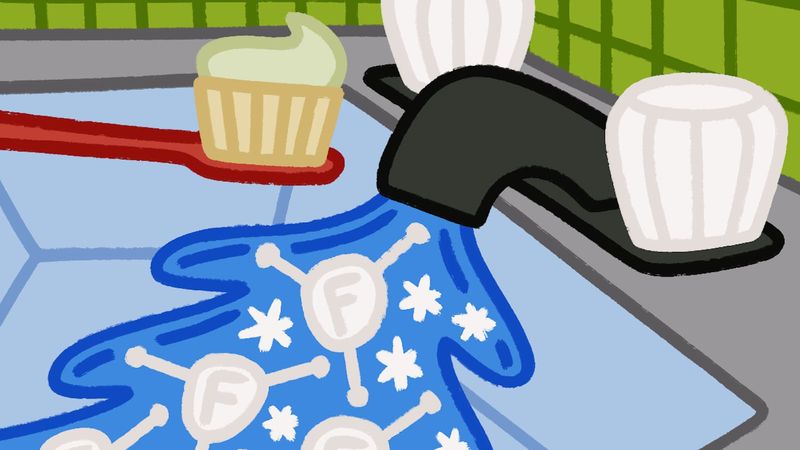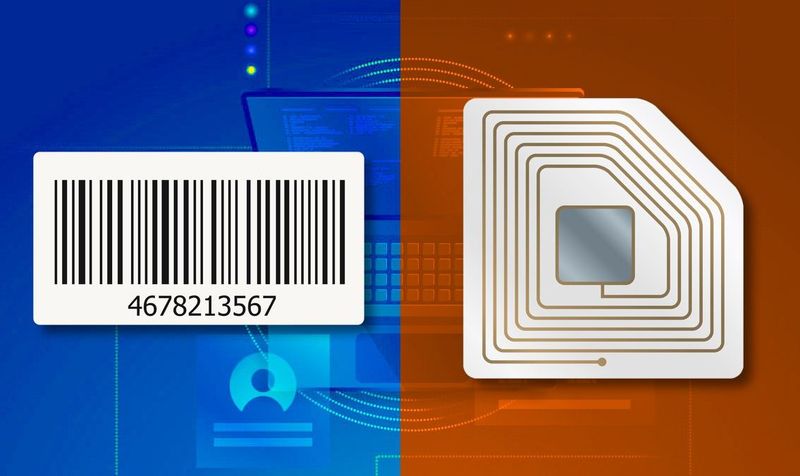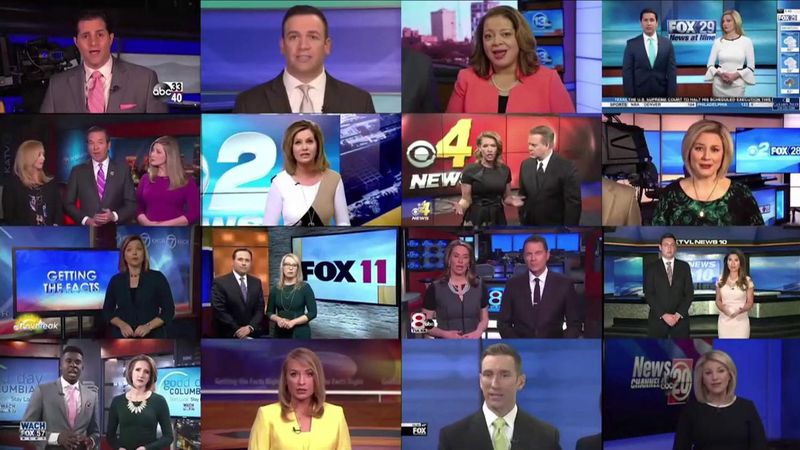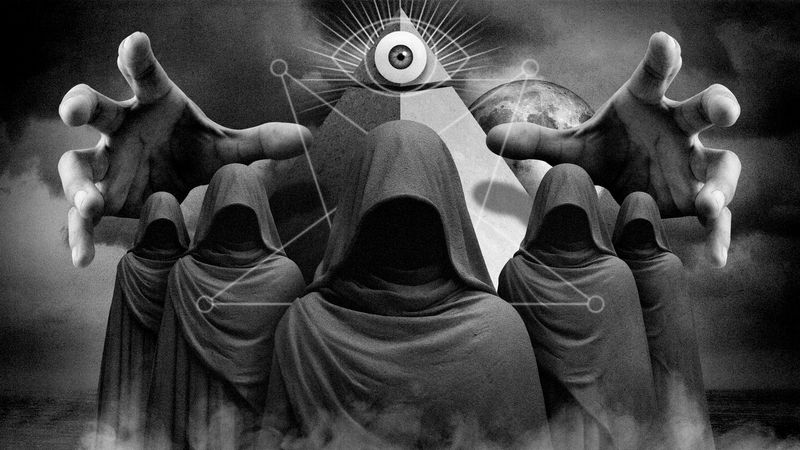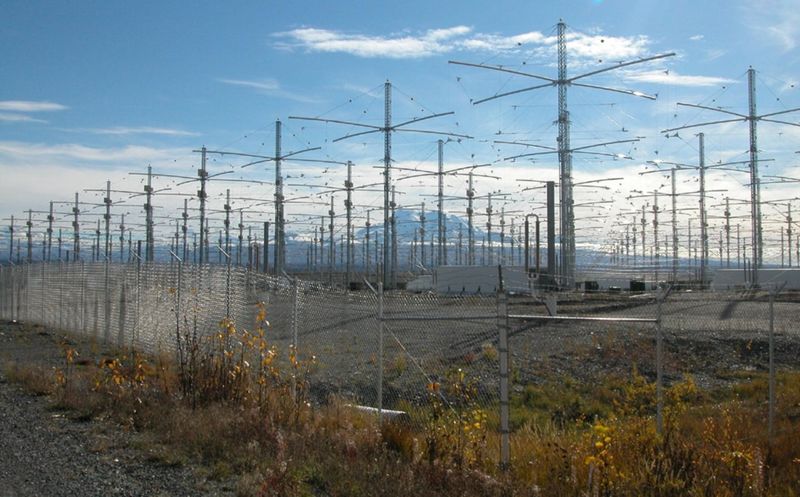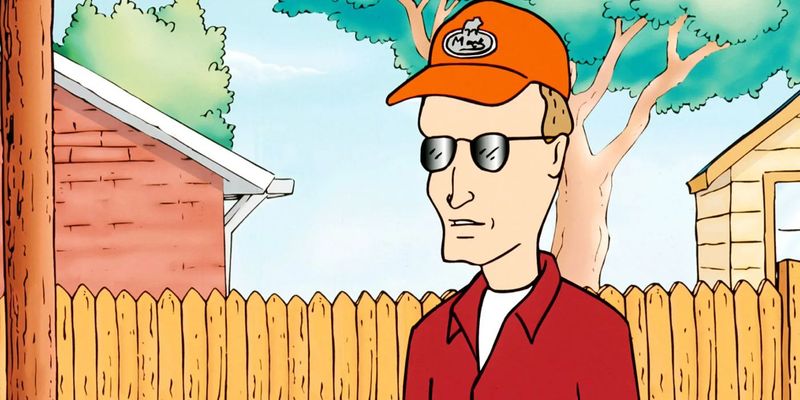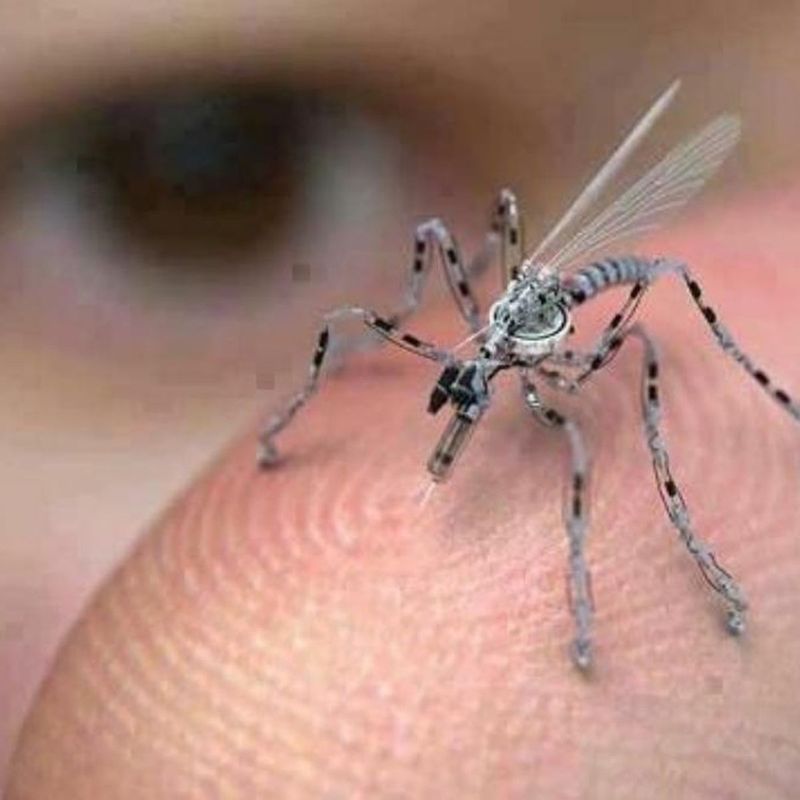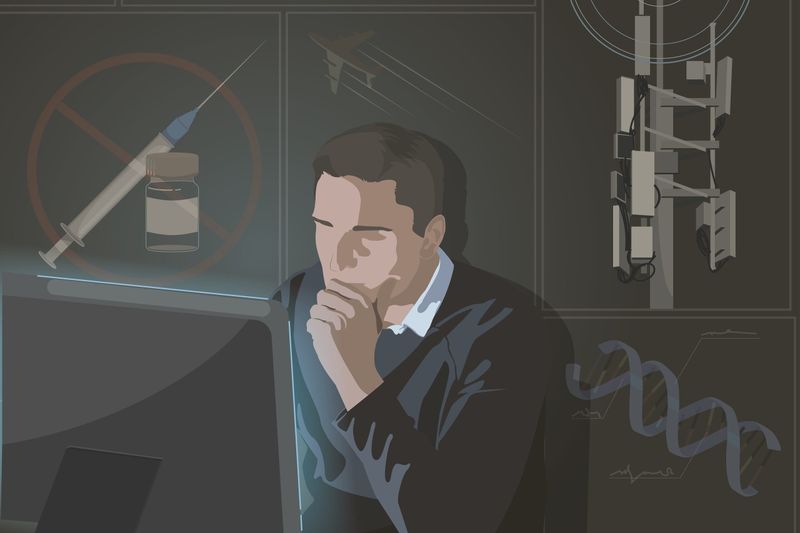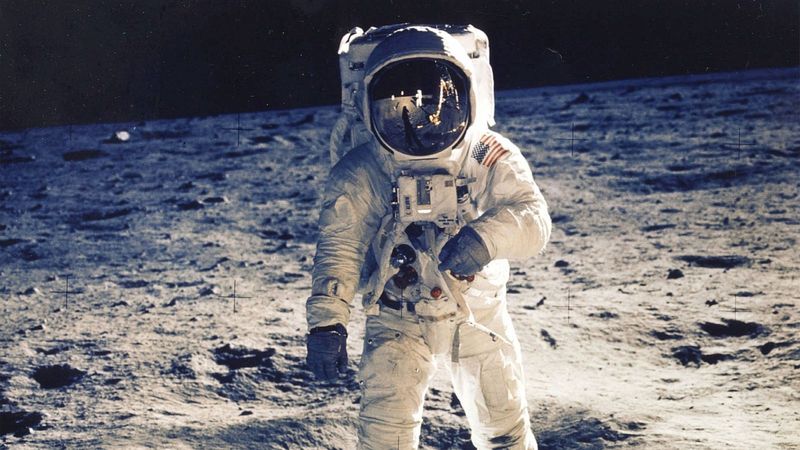Dale Gribble, the chain-smoking exterminator and self-declared truth-seeker of King of the Hill, is known for his wild theories. But rewatching the show with today’s lens? Some of his ramblings hit a little too close to home. Here are 17 Dale Gribble conspiracies that are weirdly—almost worryingly—plausible.
1. The Government Is Watching You Through Your Appliances
Dale believed microwaves and TVs were spying devices. Today, with smart appliances that seem to eavesdrop on conversations and track habits, his paranoia doesn’t seem so far-fetched.
The idea that our gadgets could report our actions to some mysterious entity sounds absurd, yet recent exposures about privacy violations by tech companies suggest otherwise. In an era where Alexa and Google Home know your routine, privacy feels compromised.
Isn’t it curious how targeted ads appear after mere mentions? Dale’s theory resonates in our digital age, making one ponder: who’s really listening?
2. Aliens Walk Among Us
Aliens were a recurring theme in Dale’s theories. His insistence that extraterrestrials lived among us was laughed at.
Now, with government releases of UFO footage and widespread interest in extraterrestrial life, Dale’s ideas don’t seem entirely fictional. Is it possible we are not alone, and some walk among us?
The fascination with aliens has grown, fueled by science fiction and unexplained phenomena. While Dale’s views were extreme, the idea of aliens among us is more intriguing than ever.
3. The Real Conspiracy Is the Lack of Conspiracies
Dale once suggested that not hearing about conspiracies was a conspiracy itself. In today’s media-saturated world, the absence of dissenting voices can seem orchestrated.
The internet reveals endless layers of information, yet what if it’s all a smokescreen to hide something bigger? This paradoxical idea that silence is suspicious has gained traction.
With everything seemingly available online, Dale’s theory invites skepticism. It challenges us to discern information and question: what aren’t we being told?
4. Black Helicopters Are Real
Dale frequently warned about black helicopters surveilling him. While it seemed ridiculous, unmarked government aircraft have been documented monitoring citizens during events.
These helicopters, often dismissed as myths, are part of modern surveillance strategies. Dale felt threatened by their presence, emblematic of a watchful authority.
In a world where privacy is increasingly scarce, his fear of black helicopters seems moderately justified. Their existence plays into broader concerns about personal freedom.
5. Misinformation Is a Control Tool
Dale claimed misinformation was fed to keep people docile. In the age of social media, where fake news spreads rapidly and deepfakes blur reality, his suspicion rings true.
Mass media’s power to shape narratives is undeniable. Today’s misinformation can destabilize societies, and Dale’s fears about control through confusion are relevant.
Understanding the reach and impact of misinformation is crucial. Dale’s theory highlights the need for critical thinking in discerning truth from manipulation.
6. Fluoride Is Mind Control
Dale wore a tinfoil hat to shield himself from fluoride in the water. While public health insists it’s safe, rising distrust in government measures echoes his concern.
The debate over fluoride’s safety persists, fueled by skepticism about its necessity. Dale’s eccentric cautionary stance isn’t entirely without merit in a world wary of institutional motives.
As questions around public health grow, his quirky, yet pointed, objection to water fluoridation prompts reflection on blind trust.
7. Barcodes Are Trackers
Dale thought barcodes were used to track citizens. Today, with QR codes, RFID tags, and facial recognition, his fear feels nostalgically quaint.
While barcodes themselves aren’t tracking devices, technology now allows for profound monitoring capabilities. Dale’s apprehensions about pervasive surveillance resonate with current privacy discussions.
Modern digital footprints are vast, and his concerns about being constantly tracked are more relevant than ever. The conversation around privacy continues to evolve.
8. Credit Cards Are a Government Trap
Dale warned about governments monitoring spending through credit cards. In today’s era of digital transactions, data mining, and financial surveillance, it’s not just governments to worry about.
Every swipe leaves a trail, accessible to corporations and potentially governments, raising questions about financial privacy.
Dale’s skepticism about unseen eyes prying into personal habits is oddly prescient. The intricate web of data collection makes his theory disturbingly plausible.
9. The Media Is Scripted
Dale’s rant about newscasters being fed the same lines seemed absurd, yet viral montages expose local stations reading identical scripts.
The perception of media as a monolith, pushing unified narratives, has grown. Dale’s belief in scripted messages now seems to reflect real concerns about media integrity.
The homogenization of news challenges the idea of independent journalism, a notion Dale grimly foresaw.
10. Secret Societies Run the World
Dale regularly referenced shadow governments. While lizard people are probably off the table, the idea of elite networks influencing policy is a real concern.
Conspiracy theories about secret societies persist, fueled by political secrecy and global inequalities. Dale’s fears of unseen decision-makers reflect societal anxieties.
His musings on hidden authorities echo ongoing debates about transparency and accountability in governance.
11. Weather Is Controlled by Machines
Dale blamed weather shifts on government tech. Now, with research into cloud seeding and geoengineering, the concept of weather manipulation isn’t entirely far-fetched.
As science advances, the ability to influence weather patterns is explored, raising ethical and environmental questions.
Dale’s theory, once laughed at, is closer to reality as we understand human impact on the environment. It provokes thought about unforeseen consequences of technological intervention.
12. Corporate Control Is Hidden in Plain Sight
Dale hated Mega-Lo Mart for being a corporate overlord. Concerns about tech giants and mega retailers having undue influence mirror his fears.
Modern monopolies wield power that shapes society, affecting everything from commerce to culture. Dale’s disdain for corporate dominance resonates with today’s anti-monopoly sentiment.
His critique of big business highlights how corporate interests can overshadow individual freedoms.
13. Insects Are Spies
Dale once accused a cicada of being a surveillance tool. Now, insect-sized drones exist, blurring the line between paranoia and reality.
The use of small-scale surveillance gadgets is real, with applications ranging from espionage to environmental monitoring.
Dale’s eccentric suspicion about insect spies is a whimsical precursor to modern technological advances. It amplifies concerns about privacy in an age of miniaturized tech.
14. Vaccines as Government Experiments
Dale’s paranoia about vaccines felt extreme in the ‘90s. But in the post-2020 world, public discourse around vaccines echoes similar distrust.
Dale’s skepticism about government intentions with health interventions reflects a broader societal resistance seen today.
While science supports vaccination, the debate about individual rights versus public safety persists, making his theory somewhat relatable.
15. They’re Putting Something in the Meat
Dale once avoided fast food over mind control fears. Modern concerns about additives, hormones, and ultra-processed foods give his burger ban a hint of merit.
As awareness about food quality grows, so does skepticism about what’s really in our meals.
His culinary caution reflects contemporary debates about nutrition and health, resonating with food-conscious consumers.
16. The Moon Landing Was Faked (…or Altered)
Dale had thoughts on NASA’s moon mission. While most experts affirm the moon landing, skepticism about government transparency in space programs persists.
Conspiracy theories surrounding space exploration reflect broader trust issues with authority and historical narratives.
Dale’s doubt, though extreme, invites reflection on how history is recorded and presented.
17. Your Friends Could Be Government Plants
Dale questioned everyone—even his wife. While it’s unlikely your buddy is CIA, stories of undercover agents in activist groups have surfaced over the years.
The idea of infiltration feeds into fears of manipulation and loss of trust within communities.
Dale’s paranoia about hidden agendas captures a timeless human fear: betrayal from within. It brings to light issues of trust in a connected world.
